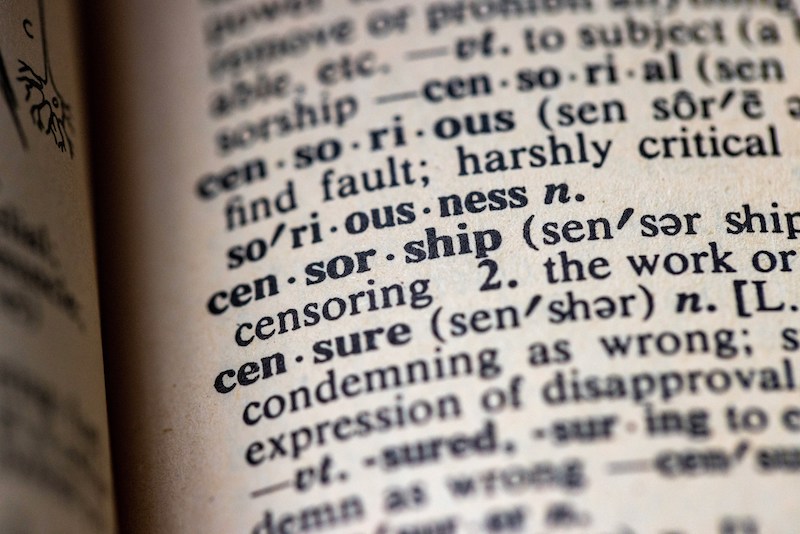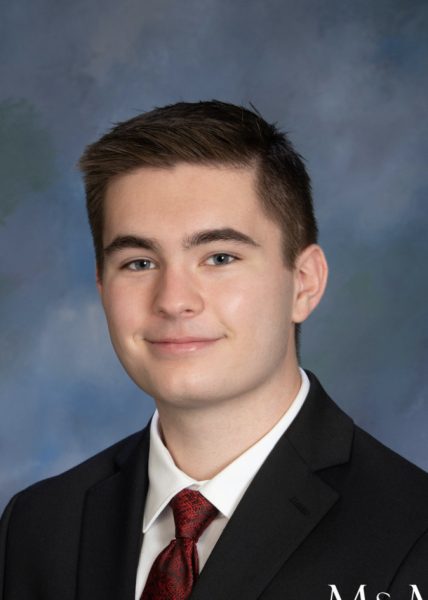James Grossman, president of the American Historical Association and a professor of history at the University of Chicago, presented his lecture on Sept. 26 “Divisive Concept Laws” (DCLs) to deconstruct politics in public classrooms. To Grossman, these laws, including one to be voted on in Ohio, are set to gut education across the nation and in our state since DCLs create “hateful lies” about the country that stop honest conversations about history.
Grossman referenced Ohio Senate Bill 83 as an example of a DCL, a piece of legislation that is consistently brought up for approval in the Ohio House of Representatives. The law itself has nine clauses that relate to racial, sexual, religious and ethnic discrimination that restrict class conversations. Despite its anti-discriminatory framework, he argued that it would be applied to conversations of the past in the school, affecting education.
Grossmann sees it as an attempt to politicize the state’s higher education system and as a result, the Ohio public university system would fall short of teaching honest history. Even private universities and colleges that receive state funding, like John Carroll University and Case Western Reserve University, could be defunded if found in violation of these laws.
Attendees were particularly fearful of the control of history in a way that stopped learning and destroyed careers over conversations. Grossman stressed that his “first class on African American history would be illegal” and that in twenty states, there are now laws similar to Ohio’s proposed SB 83 that have already silenced him.
“The only way to heal division is to understand the division,” Grossman said, “just as in the medical profession, to cure a disease, the professionals have to have understood its past effects.” This understanding is what would fall by the wayside if legislation is implemented, like SB 83.
The law in question has failed to pass in several legislative sessions, yet, in the eyes of its sponsor, Ohio State Representative Jerry L. Cirino, it is not meant to curb education rather it would protect it. In a statement to the 135th Session of the Ohio House Cirino argued, this bill’s sponsor said “Senate Bill 83 is simply designed to ensure free expression on campus and in the classroom. Critics say my bill promotes censorship. They have it exactly backwards. This bill will allow students to exercise their right to free speech without threat of reprisal by professors or administrators.”
After the event, one of the attendees from John Carroll, Emily Blasko ‘25 said “the way that he analyzed the language of the legislation was key in an argument he was making” despite SB 83 not yet being passed by the Ohio Legislature. “The talk was very well put together.”
The event was cordial, polite and fair, with Grossman recognizing data from lawmakers, Democratic and Republican on this issue. If nothing else, as Grossman concluded, “Our task [as students and educators] is that we practice good history education, education that is not based in teaching people what to think, but how to think.”



